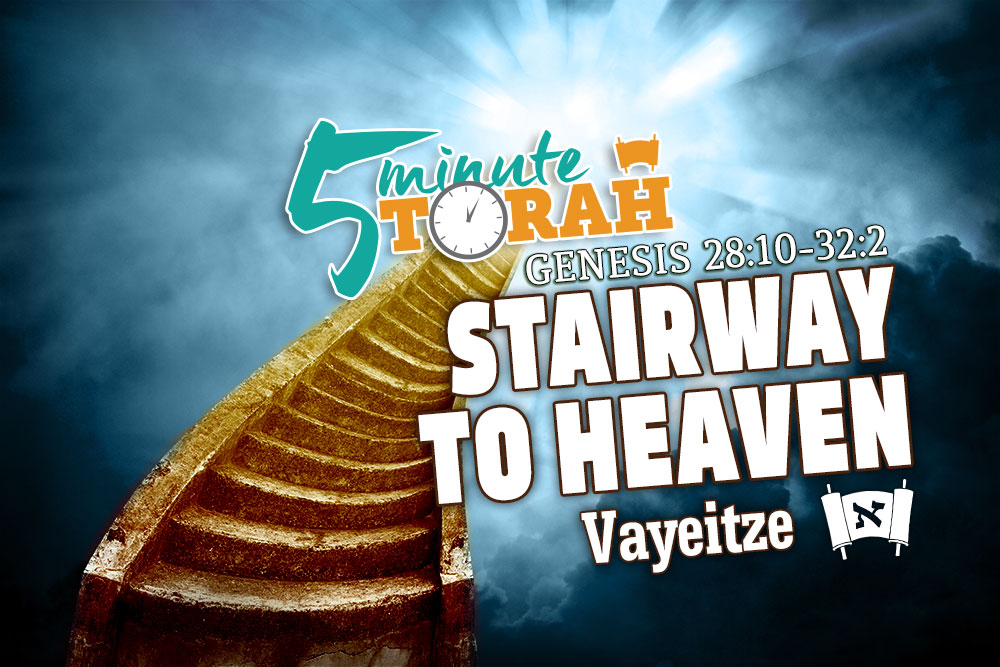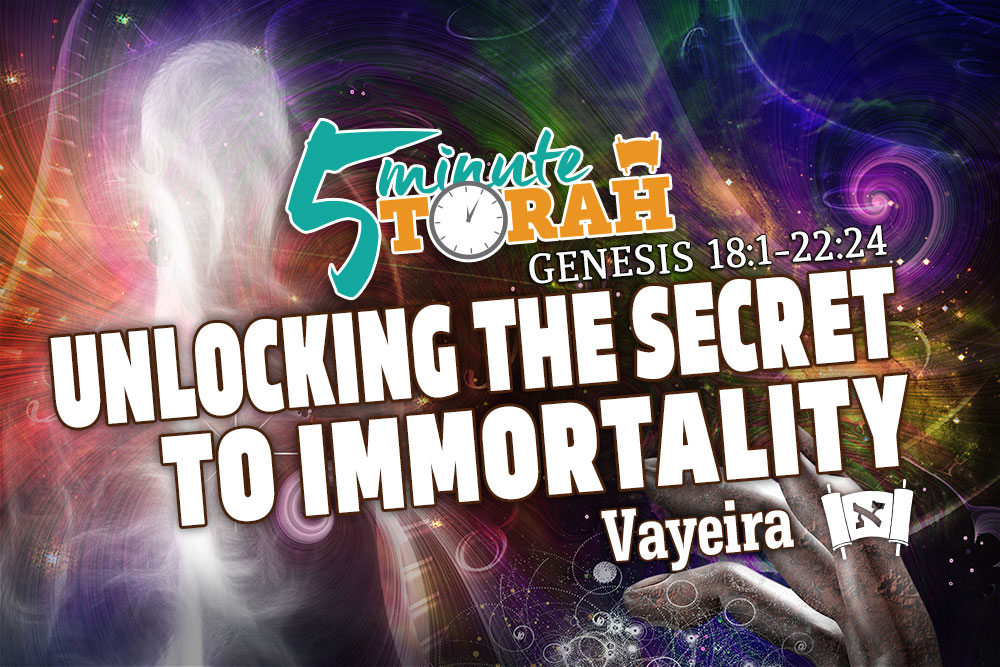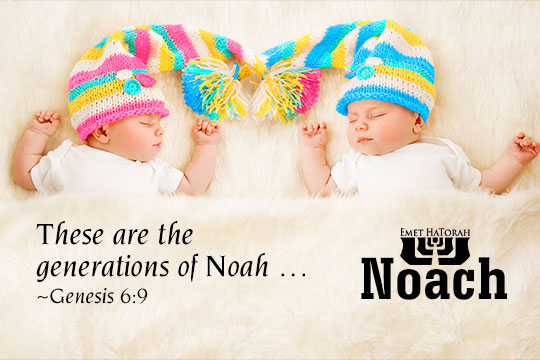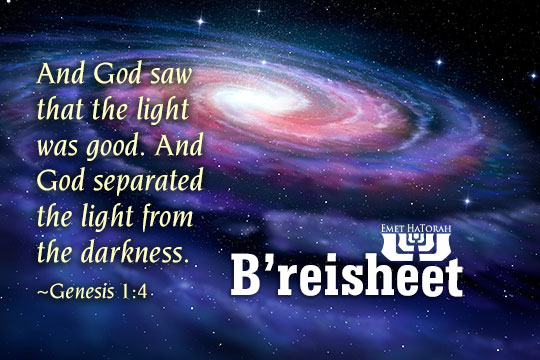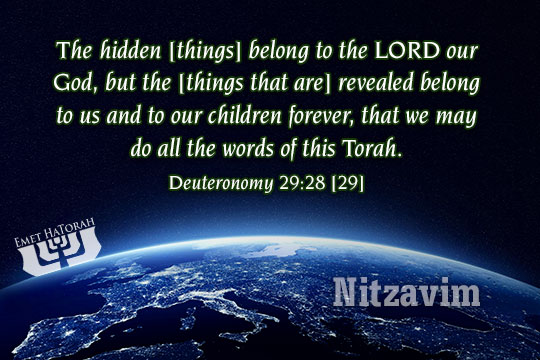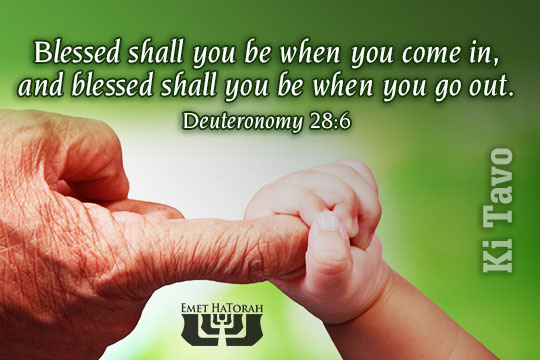Stairway To Heaven
Parashat Vayeitze (Genesis 28:10-32:2)
This week’s Torah portion begins with one of the most mysterious and little-understood events recorded in the Torah. When Jacob spent the night in what he later calls Beit-El he had a curious dream charged with spiritual import:
And he came to a certain place and stayed there that night, because the sun had set. Taking one of the stones of the place, he put it under his head and lay down in that place to sleep. And he dreamed, and behold, there was a ladder set up on the earth, and the top of it reached to heaven. And behold, the angels of God were ascending and descending on it! (Genesis 28:11–12)

